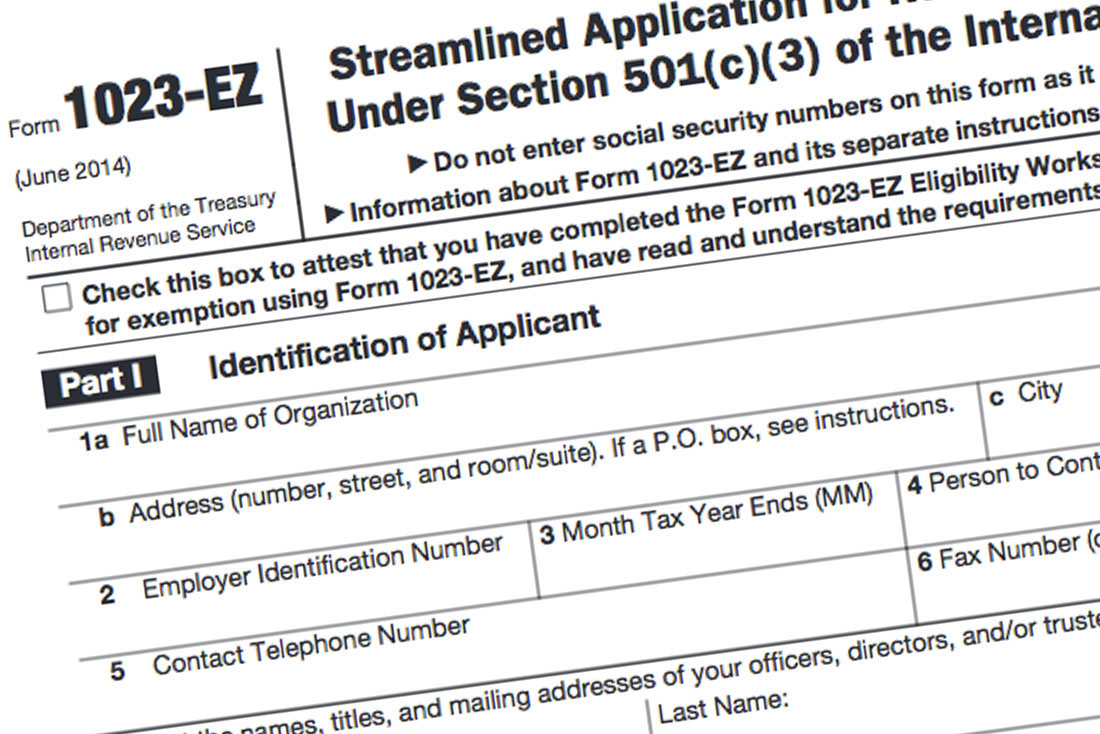I recently went on vacation to the Outer Banks, a barrier island off the coast of North Carolina. It is a popular tourist destination, known for the wide expanse of beach front, state parks and unique history. Driving along the main road, a relative of mine, noted all the for sale signs on million dollar properties. I started wondering how many first time buyers had purchased these properties.
Perhaps these owners decided to purchase a property and then rent it out believing that the $8000 per week rentals would cover all their expenses and a mortgage payment. They may have expected to have a vacation spot without needing to pay any rent. When the property began needing repairs, maybe they realized that the rental season is too short to cover the real estate company's commission, the mortgage payments, utilities, and repairs.
What these potential first time owners discovered was that it costs more to keep the place up and pay the bills than the amount of rental income they receive. Ultimately, renting a place may be less expensive than owning. So these hypothetical owners put the house on the market, if they are lucky the property appreciated enough for them to recoup part of their cash outlay. If they aren't lucky and hit a down market (like the real estate market crash in 2009), they'll end up paying to get out from under the property.
Many of my clients ask me about real estate investment as a means to diversify their investment portfolio.
Real estate investments are easy to track and calculate net income compared to other business investment options and only require some upfront calculations to determine if they will be profitable.
Unfortunately, many real estate investors are first time investors who are emotionally devoted to finding their dream vacation home. In most of these situations this is a second home and not an investment. It’s important to not let emotions get in the way of doing the homework involved in real estate investing.









